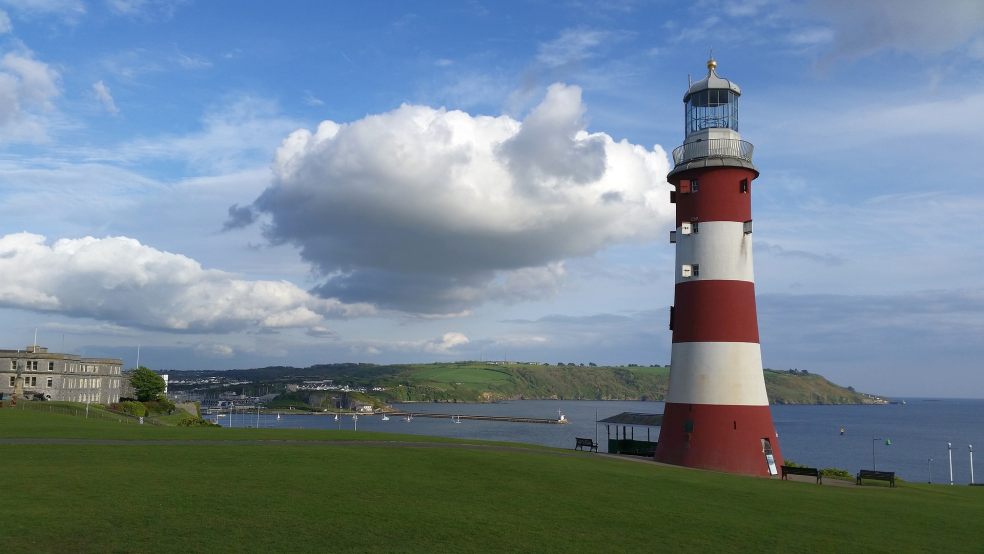
World's first environmentally-friendly ferry launched in the UK
Plymouth is the place where history is being made these days. The world’s first-ever electric passenger ferry is undergoing the last checks before taking on the world. Okay, maybe not the world as it will operate in Plymouth, but it could set up a precedence for years to come. A couple of UK universities united to launch a zero-carbon e-voyager. This means that you can save the world climate and bet on TonyBet here at the same time!
The whole project cost £1.4million, which seems like a low price to pay for an innovation like this. Not only that, but it could potentially save millions through the innovative approach throughout the years.
The UK as the Leader
It’s no surprise that the marine industry innovation is happening in the UK out of all places. Historically, they always led the way with their boat technology and boat shipping creativity. This, however, is a big step towards environmentally-friendly shipping from the UK to the world.
The University of Plymouth made a big impact in this research. One of the professors there, Dr. Richard Pemberton, is proud to have been a part of this project. In his words:
“The University firmly believes that the work conducted on e-Voyager will pave the way for larger-scale innovation towards meeting the Government’s target of a 50% reduction in emissions from the maritime sector by 2050.”
It’s clear that the ambition goes far more than a simple passenger ferry, and it’s good to see among the climate change uncertainty.
EV Parts played a crucial role in putting together this ferry. They created the battery storage and motor installation, the key parts of making this all work. The diesel engine is a thing of the past as far as they’re concerned - an advanced electric motor took its place!
Charging the Machine
One of the biggest issues with implementing electric cars worldwide is charging. You can easily find yourself in the middle of nowhere with no electric charger in sight. However, Plymouth City Council understood this issue. Thus, they installed three 22kWh chargers on the dock. The ferry should take just three hours to fully charge and prepare for deployment.
The ferry could run all day on the three-hour charge time, and it’s an important detail in implementing this solution on a bigger scale. Even though it probably won’t be necessary, e-Voyager has the ability to quickly recharge in-between journeys.
Both MCA and a Classification Society concluded that e-Voyager satisfies their eco standard. This is an impressive feat, considering it will be the first vessel to get this recognition.
The idea of the whole project is to slowly start the movement towards low carbon and full-electric vessels in the years to come. Plymouth undertook this big assignment and it seems like they succeed so far. A lot of work is ahead; creating bigger boats for the longer journeys is a challenge in itself. However, the early signs are encouraging and we can only hope they’ll keep up the tempo.

















